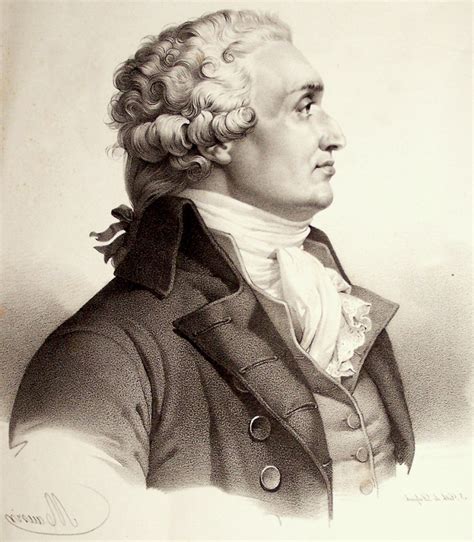A Quote by Francois de La Rochefoucauld
People are often vain of their passions, even of the worst, but envy is a passion so timid and shame-faced that no one ever dare avow her.
Related Quotes
Envy is the most universal passion. We only pride ourselves on the qualities we possess, or think we possess; but we envy the pretensions we have, and those which we have not, and do not even wish for. We envy the greatest qualities and every trifling advantage. We envy the most ridiculous appearance or affectation of superiority. We envy folly and conceit; nay, we go so far as to envy whatever confers distinction of notoriety, even vice and infamy.
It is one thing to be delivered from bad thoughts, and another to be freed from the passions. Often people are delivered from thoughts, when they do not have before their eyes those things which produce passion. But the passions for them remain hidden in the soul, and when the things appear again the passions are revealed. Therefore it is necessary to guard the mind when these things appear, and to know toward which things you have a passion.
Why should we desire the destruction of human passions? Take passions from human beings and what is left? The great object should be not to destroy passions, but to make them obedient to the intellect. To indulge passion to the utmost is one form of intemperance - to destroy passion is another. The reasonable gratification of passion under the domination of the intellect is true wisdom and perfect virtue.
I envy people with dreams and passions, but I don't think that way. I still don't have a 'bliss' to follow. For people like me - I suspect that's most people - holding out for a 'dream' or a 'passion' is paralyzing. I just like having work I enjoy that feels meaningful. That's hard enough... but it's enough.
Solitude is the surest nurse of all prurient passions, and a girl in the hurry of preparation, or tumult of gaiety, has neither inclination nor leisure to let tender expressions soften or sink into her heart. The ball, the show, are not the dangerous places: no, 'tis the private friend, the kind consoler, the companion of the easy vacant hour, whose compliance with her opinions can flatter her vanity, and whose conversation can sooth, without ever stretching her mind, that is the lover to be feared: he who buzzes in her ear at court, or at the opera, must be contented to buzz in vain.
A man who hates the passion cuts off their causes. But a man who remains among their causes experiences even against his will the conflict from the passions. It is not possible to be mentally inclined toward a passion if one does not love its cause. For who, disdaining shame, is given to vainglory? Or who, loving lowliness, is bothered by dishonor? Who, having a broken and humble heart, accepts fleshly sweetness? Or who, believing in Christ, is concerned about temporal things, or argues about them?


































